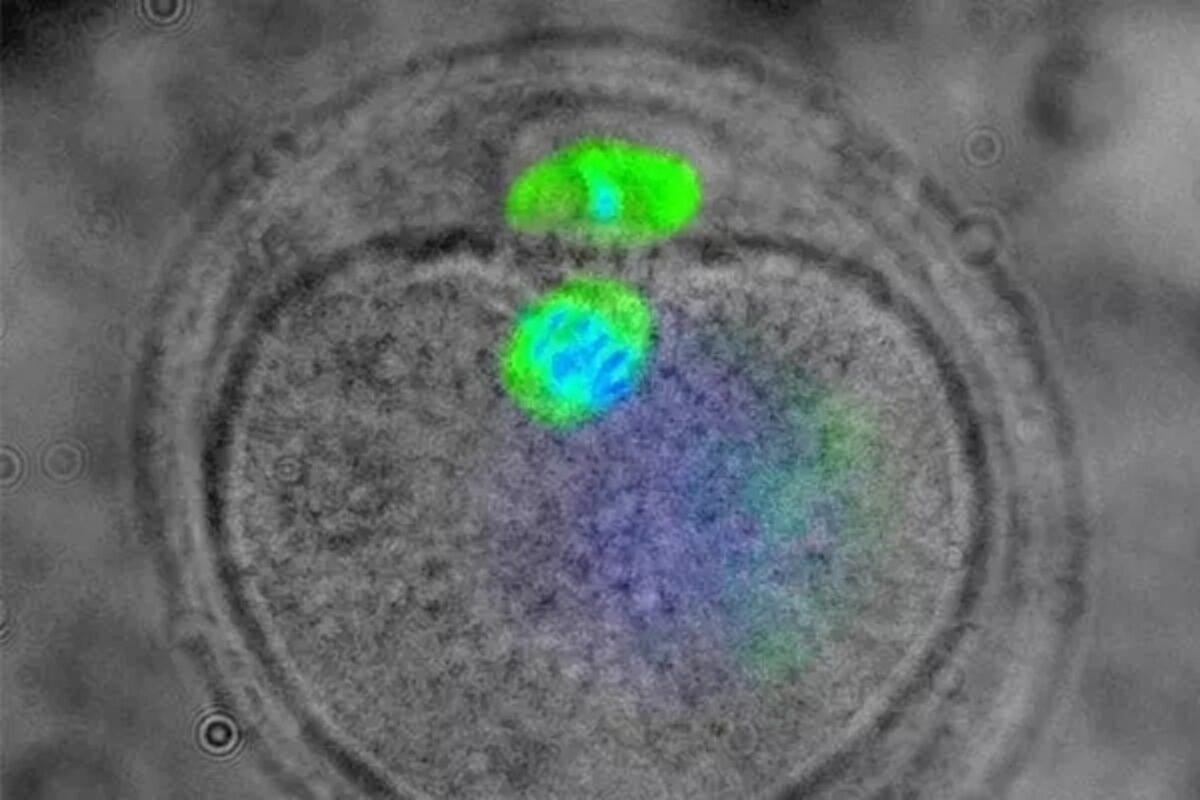
Unique methods from Professor Evelyn Telfer’s group has allowed, for the first time, human oocytes to be matured in the laboratory. This technique could prove an invaluable tool for studying oogenesis, as well as clinically improving or preserving fertility.
Application
Development Status
IP Status
Commercial Offering
Opportunity
Oogenesis cannot be easily studied in the laboratory at present, due to the intricate maturation process required. The ability to generate mature oocytes in the laboratory is an invaluable tool for reproductive research and may find potential in clinical application for improving fertility treatment. Laboratory matured oocytes can also be produced from cryo-preserved ovarian tissue from young female cancer patients in support of fertility preservation.
Technology
Professor Telfer’s research has shown that it is possible to take immature ovarian cells and produce mature oocytes. Using a three-step culture process oocytes reached metaphase II of meiosis and successfully produced polar bodies. This is the first time this has been achieved in the laboratory.
This process provides various research opportunities. One example is the modelling of oogenesis to better understand its physiology or to understand its pathophysiology in disease or under toxic assault. Another opportunity would be as a sustainable source of human oocytes for pharmacological and toxicological analysis.
Furthermore, there are potential clinical applications such as fertility preservation. This is a significant concern, and the ability to develop and mature cryopreserved ovarian tissue could be an invaluable tool in preserving fertility decades into the future. The technology could also be applied to enhance current fertility, by increasing the number of mature, viable oocytes available for fertilisation.
Benefits
Publication
Please note, the header image is purely illustrative.
Quote: TEC1102002

Technology Transfer Manager
Edinburgh Innovations
The University of Edinburgh